State of Michigan Short-Term Rental Regulations
Short-term rental regulations vary depending on the location and may include zoning laws, occupancy and safety standards, taxation, licensing, and insurance requirements review our guides for more information specific to your city.
Reviewed by Derick Hargrave
Last updated September 17, 2023
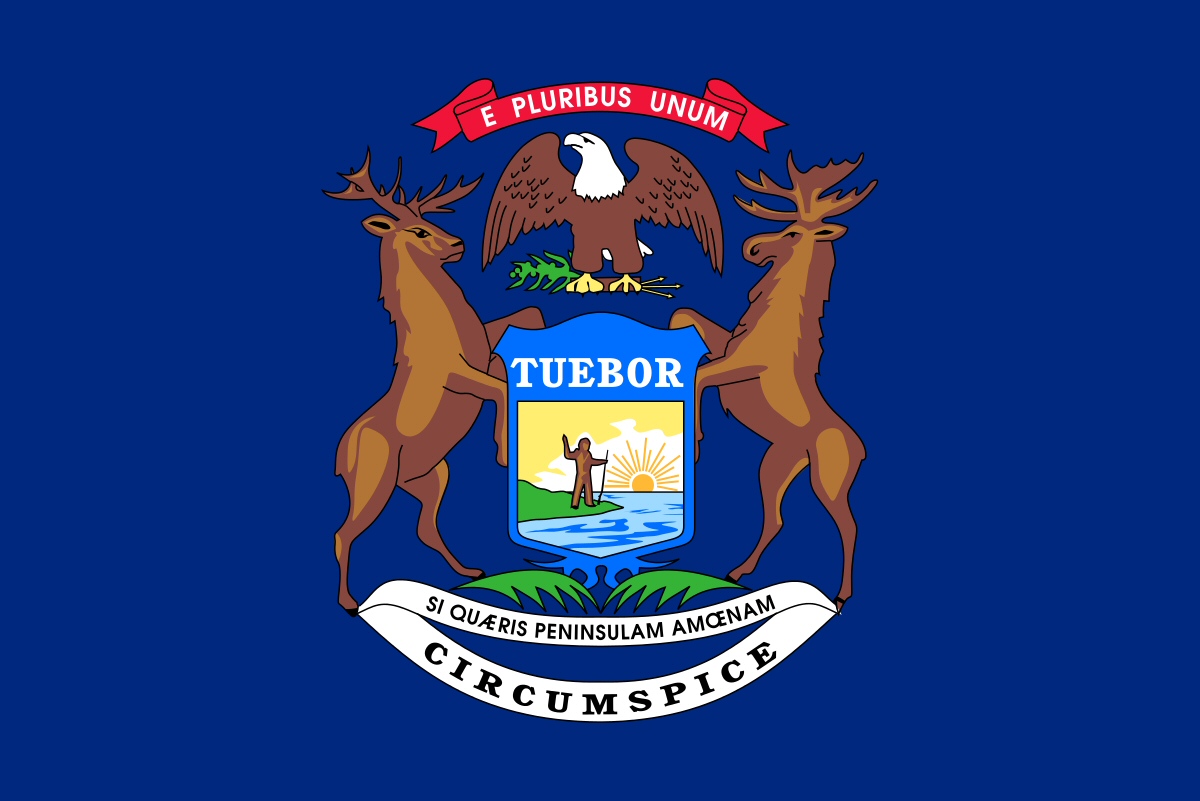
Overview of Michigan Short-Term Rental Regulations
Information is maintained by the community to provide helpful insights and links to local regulations, HostScouts does not provide legal or investment advice.
Operating a short-term rental in Michigan involves navigating various local rules and restrictions. With tourism booming in destinations like Traverse City, Ann Arbor, and Detroit, many municipalities are enacting strict regulations on vacation rentals. This guide provides an overview of key permitting, zoning, tax, and insurance requirements hosts should know when listing their Michigan property on sites like Airbnb or Vrbo. We'll focus on regulations in major cities and vacation destinations that Airbnb rental owners need to follow to remain compliant and avoid penalties.
Defining Short Term Rentals in Michigan
Michigan does not have a statewide definition of short-term rental properties. However, most local ordinances consider rentals of 30 days or less to be short-term lodging.
What Qualifies as a Short-Term Rental?
Individual cities and townships define the threshold, but typically, rentals of 30 days or less are considered short-term in Michigan. For example, Grand Haven defines them as less than 28 days.
State vs. Local Regulations
Michigan does not currently have statewide short-term rental regulations. Rules regarding permitting, taxes, zoning, occupancy limits, and more are set at the local level.
Penalties for Non-Compliance
Penalties for violating local ordinances range from fines of $500-$1000 to misdemeanor charges or rental permit revocation. Review all rules for your area before listing.
Starting a Short-Term Rental Business in Michigan
Launching a compliant Airbnb rental business in Michigan takes research, planning, and coordination across state and local requirements.
Researching Local Short Term Rental Rules
Every municipality has its regulations, so hosts must thoroughly research the rules for their specific location. Ordinances dictate permits, taxes, occupancy limits, eligibility, and more.
Applying for Required Local Permits
Many popular tourist destinations like Ann Arbor, Grand Haven, Detroit, and others require hosts to obtain a permit or license before listing their property for rent. Requirements and fees vary.
Collecting and Remitting Taxes
Hosts must charge state sales tax and any local taxes on rentals. Accurate reporting and timely remittance are essential to avoid penalties. Know the rules.
Maximizing Legal Occupancy
Most ordinances limit rental occupancy. Base maximum guests on factors like bedrooms, square footage, and septic capacity to avoid fines.
Informing Neighbors
Being a responsible host includes informing neighbors about your vacation rental plans. This builds goodwill and minimizes complaints.
Safety and Inspection Requirements for Michigan STRs
Short-term rental properties in Michigan must comply with codes covering safety, sanitation, zoning, and more.
Fire Safety Standards
Most jurisdictions require smoke detectors, fire extinguishers, escape routes, egress windows, and carbon monoxide detectors at a minimum.
Property Maintenance and Yard Upkeep
Ensure your rental meets local property maintenance standards. Keep the exterior neat and tidy.
Septic and Well Regulations
If your rental is on septic, follow occupancy limits carefully. Also, adhere to well-testing requirements.
Swimming Pools and Hot Tubs
Rentals with pools or hot tubs must comply with additional safety mandates like fencing, gates, lighting, etc.
Parking Constraints
Most areas restrict the number of vehicles allowed at a short-term rental. Have adequate compliant parking.
Taxes on Short-Term Rentals in Michigan
Hosts should factor these key taxes into their rental business plans and nightly rates.
State Sales Tax
You must collect and remit the 6% Michigan state sales tax on all bookings. Sales tax is due monthly or quarterly.
Local Occupancy Taxes
Many cities and towns charge additional local hotel or accommodation taxes ranging from 5-10% on rentals. For example:
- Grand Haven charges a 5% Convention and Visitors Bureau Assessment Fee on all short term rentals.
- Traverse City imposes a 9% Traverse City Convention and Visitors Bureau Assessment on top of the base rental rate.
- The city of Detroit charges a 10.62% occupancy tax on short term rentals in addition to the state sales tax. This includes a 5.62% Detroit Metro Convention & Tourism Authority Fee.
- Ann Arbor has a 2% Accommodations Ordinance Tax on top of the 6% state sales tax for all rentals less than 30 days.
- Holland Township charges a 5% Community Promotion Fee on all hotel, motel, and short term rental stays.
- Areas like Novi and Dearborn do not currently charge any additional local lodging taxes.
So hosts must research the specific local taxes that apply based on where their rental property is located. Some popular tourist destinations impose taxes of 10% or more.
Income Taxes on Revenue
Your Airbnb rental income is subject to state income tax and may be subject to local income taxes. Report accurately.
Reporting Requirements
Most areas require hosts to submit regular reports on bookings, rates charged, occupancy, and taxes collected and paid.
Tax Penalties
Failure to properly collect and remit required lodging taxes can lead to fines of 30-50% of taxes due, plus interest and late fees.
Insurance Requirements for Short-Term Rentals in Michigan
Properly insuring your Michigan short term rental is key to protecting your business and assets. Here are some important insurance considerations for hosts:
- Carefully review your existing homeowner's or renter's insurance policy to see if short term rental activities are excluded. Standard policies often do not provide coverage.
- Explore insurance options designed specifically for short term rental properties. These can bundle liability, property damage, loss of income and other protective coverage.
- Check local ordinances to see if liability insurance is required to obtain a short term rental permit. Many municipalities mandate coverage.
- Consider your potential risks and liabilities - accidents, injuries, discrimination claims, property damage, etc. Determine adequate liability coverage limits to safeguard your assets.
- Shop around with agents to find an insurance policy that fits your specific short term rental needs and budget. Coverage requirements vary across Michigan.
- Align your insurance coverage with local rules before listing your property. Maintain active insurance to stay compliant.
- Seek advice from insurance professionals who understand the short term rental market. They can provide guidance on appropriate protections to put in place.
The regulations around short term rental insurance vary across Michigan municipalities. Do diligent research to understand requirements for your specific location. Taking time to properly insure your rental business will provide valuable peace of mind.
Michigan Airbnb Regulations by City
Information is maintained by the community to provide helpful insights and links to local regulations, HostScouts does not provide legal or investment advice.
-
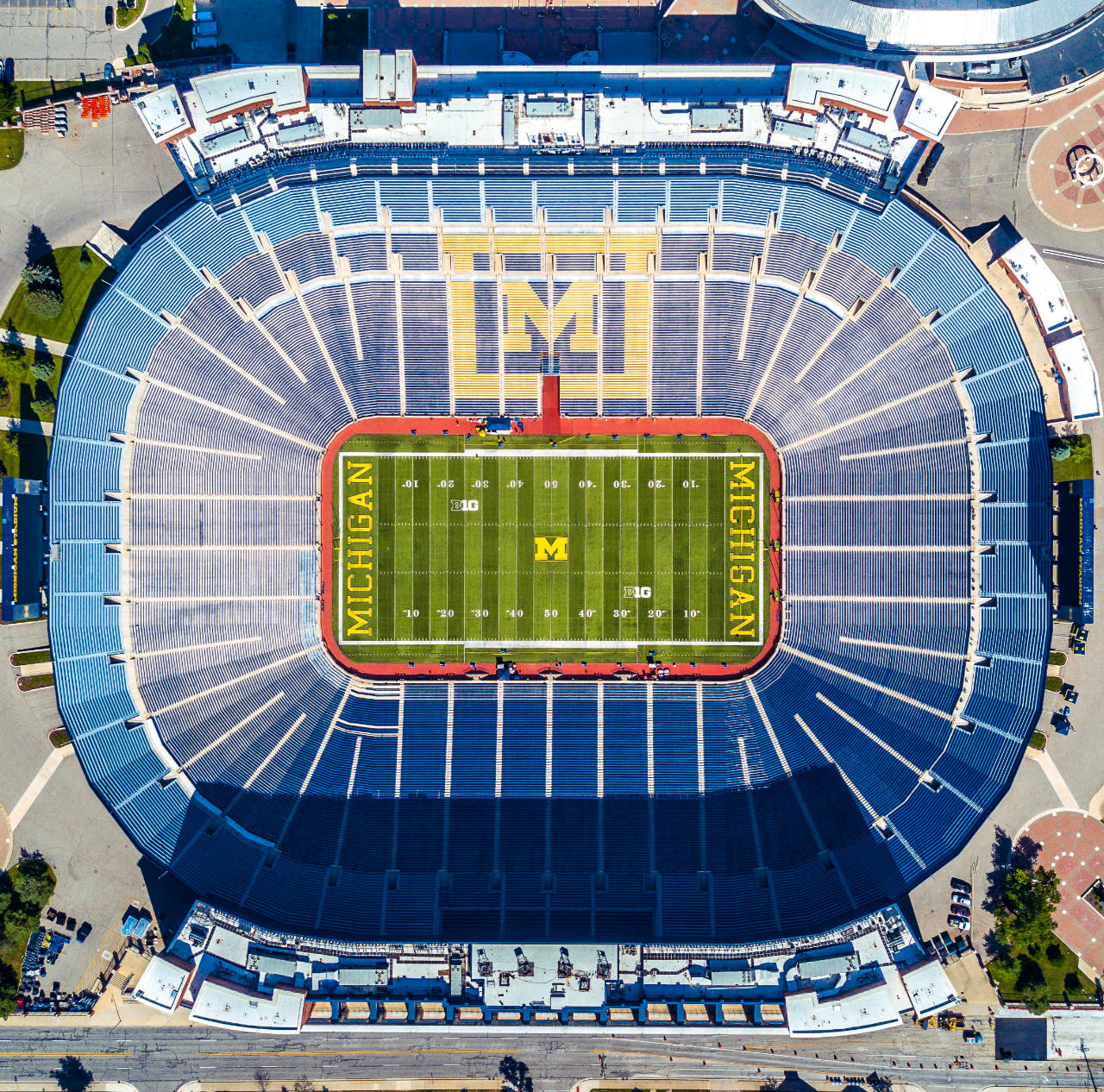
Ann Arbor
Regulation: Restricted
5.9 -
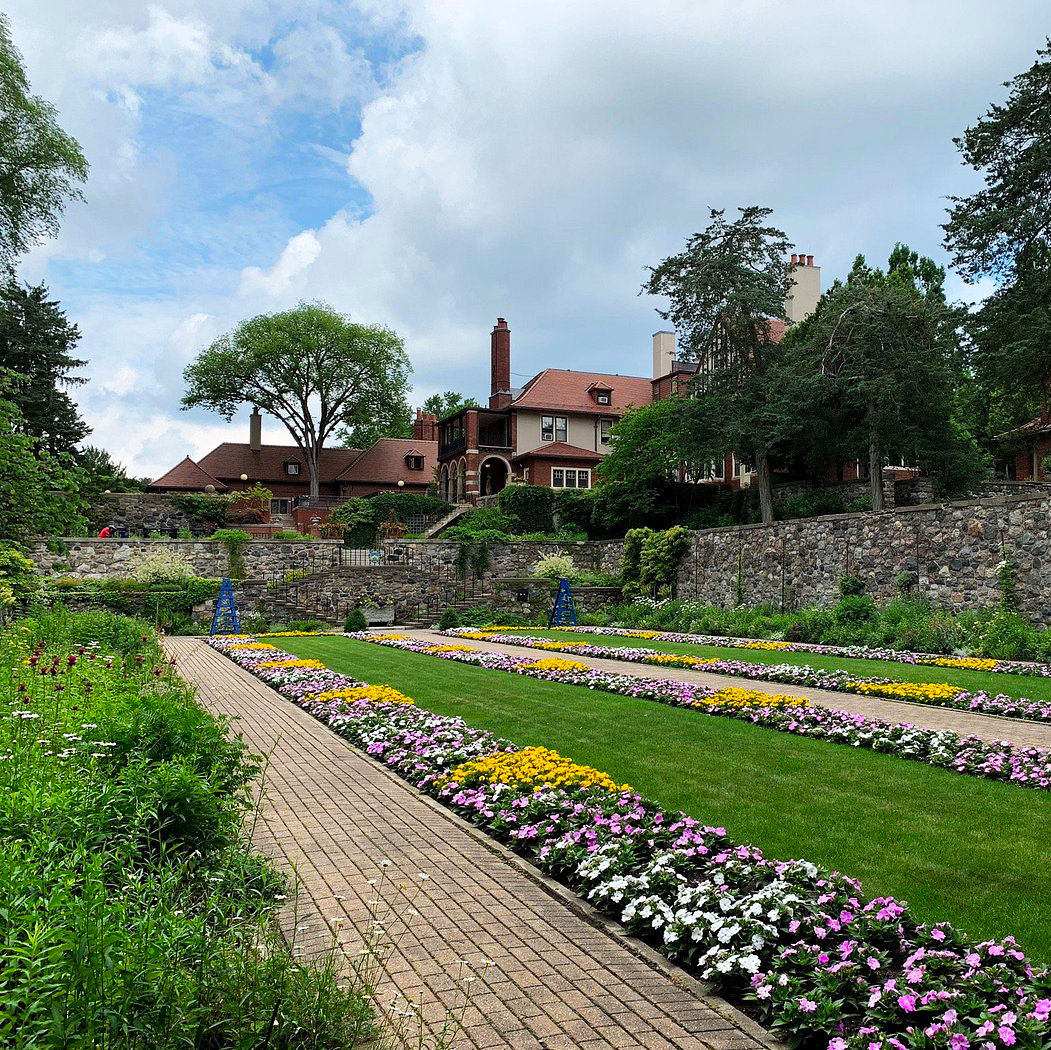
Bloomfield Hills
Regulation: TBD
7.0 -
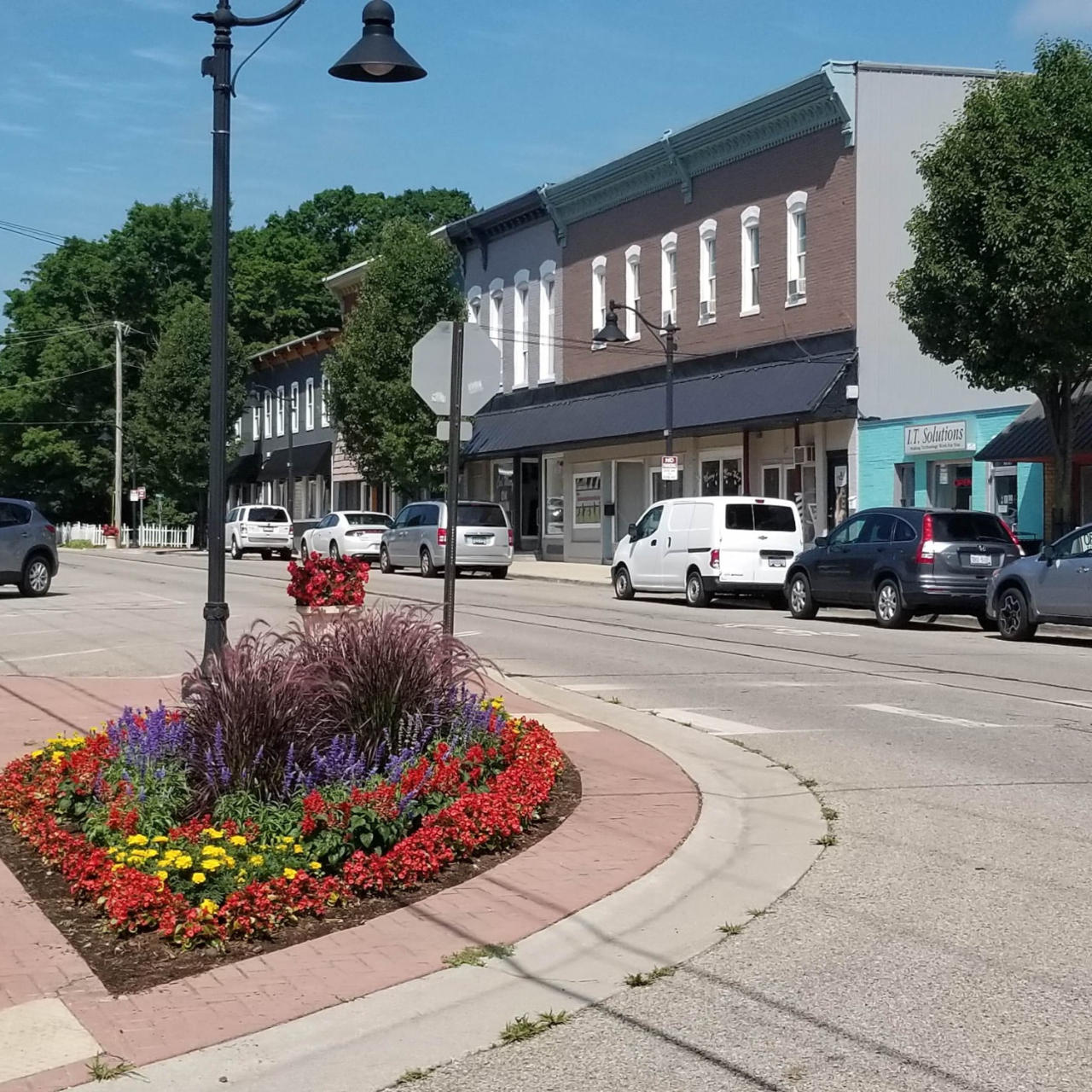
Caledonia
Regulation: TBD
7.0 -
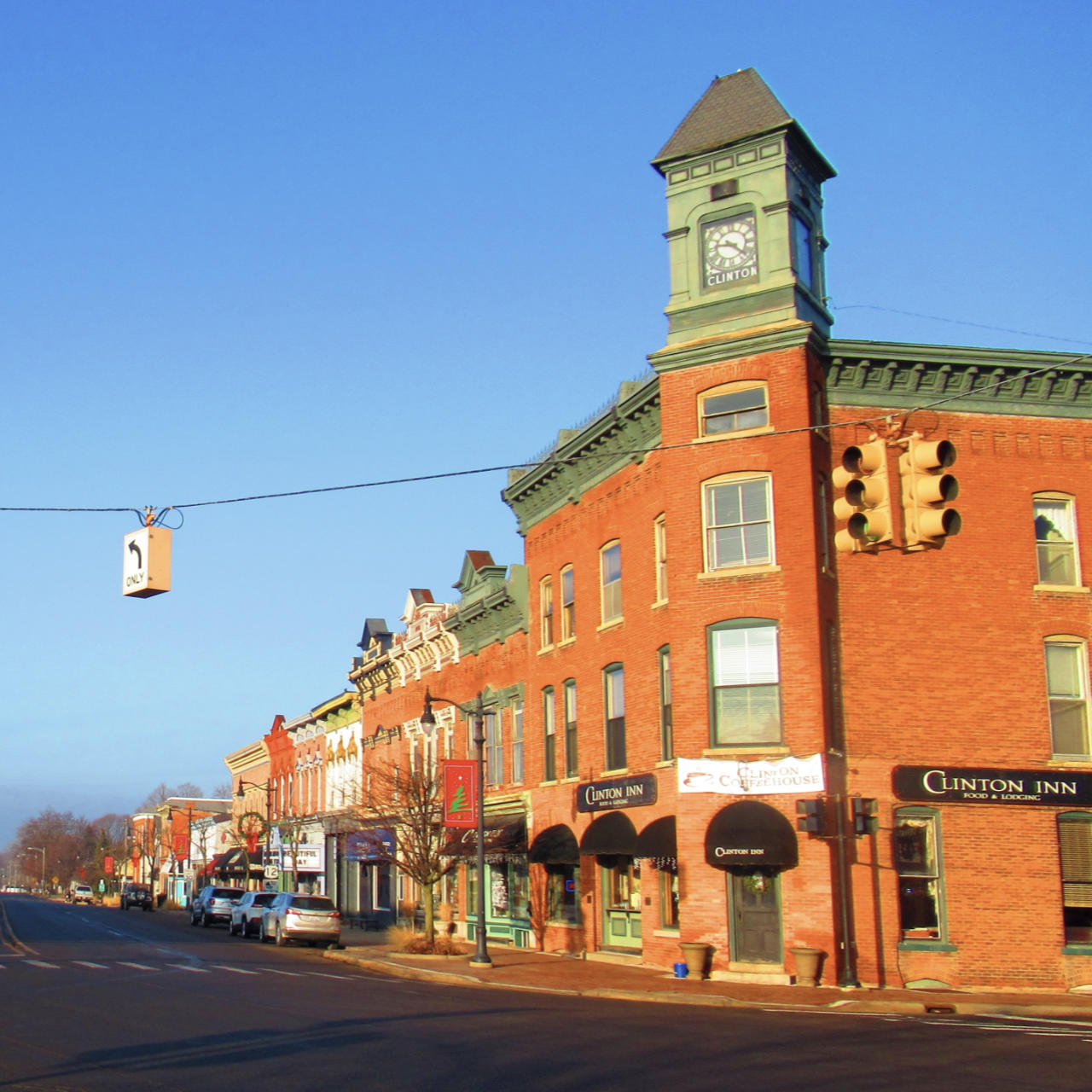
Clinton
Regulation: TBD
6.7 -
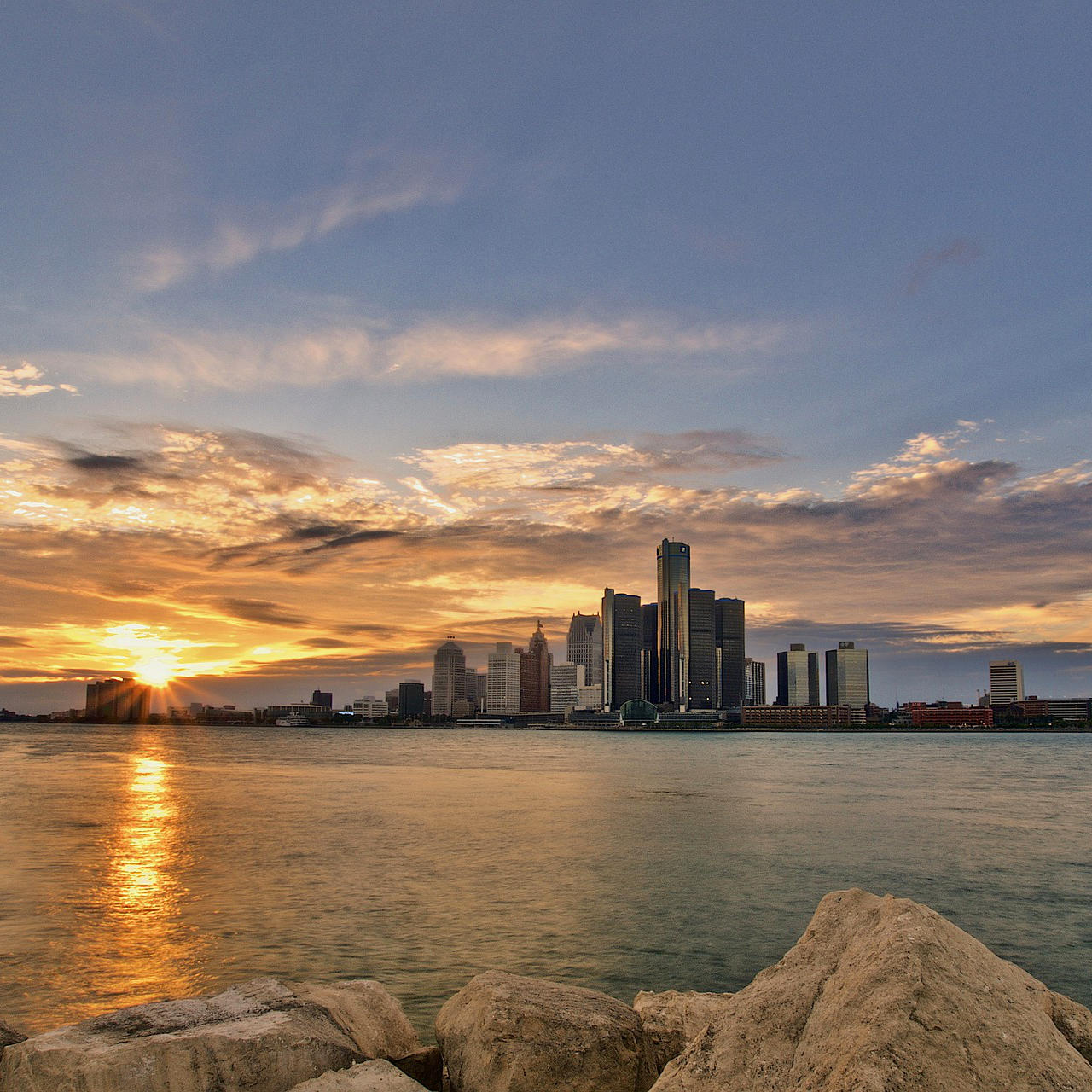
Detroit
Regulation: Not Regulated
5.7 -
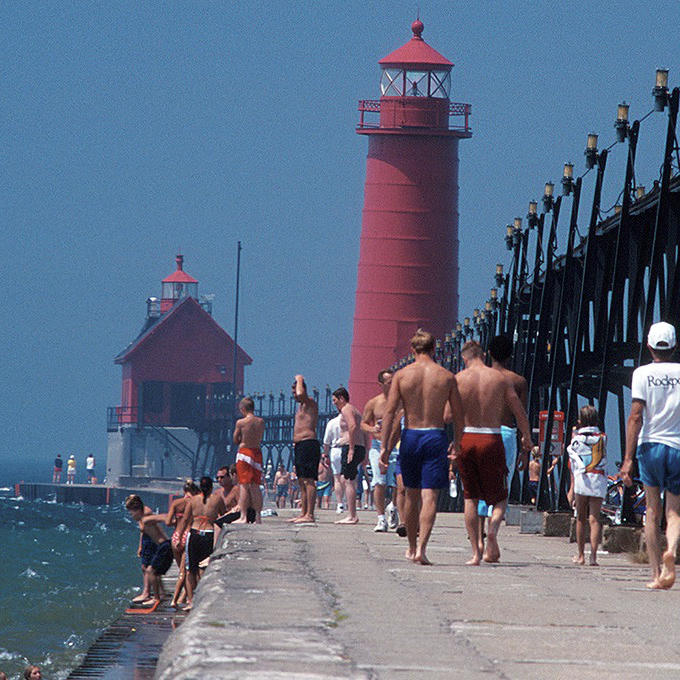
Grand Haven
Regulation: TBD
6.6 -
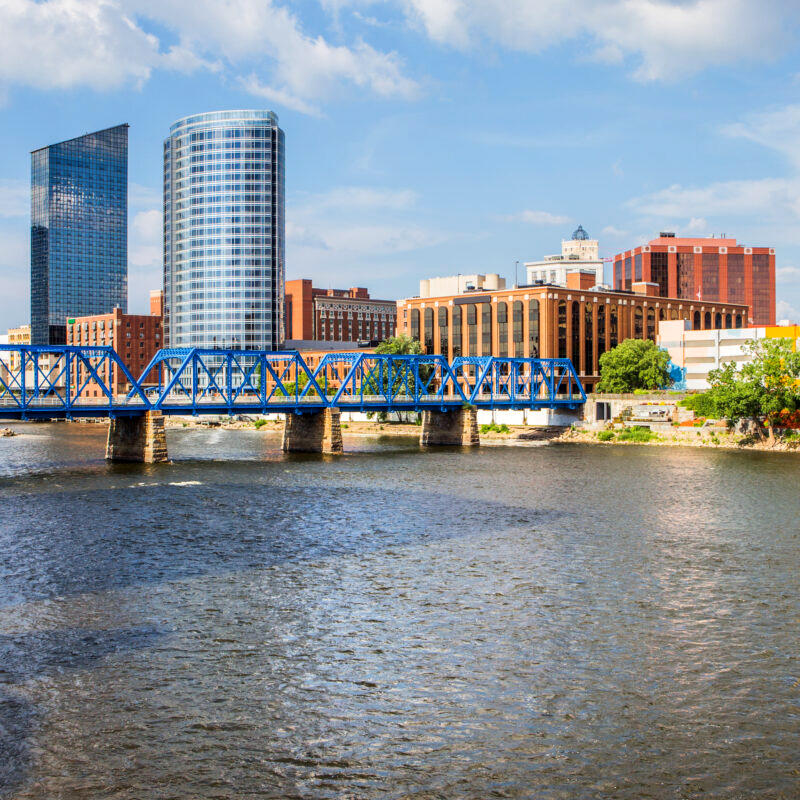
Grand Rapids
Regulation: Restricted
6.3 -

Highland Park
Regulation: TBD
6.1 -
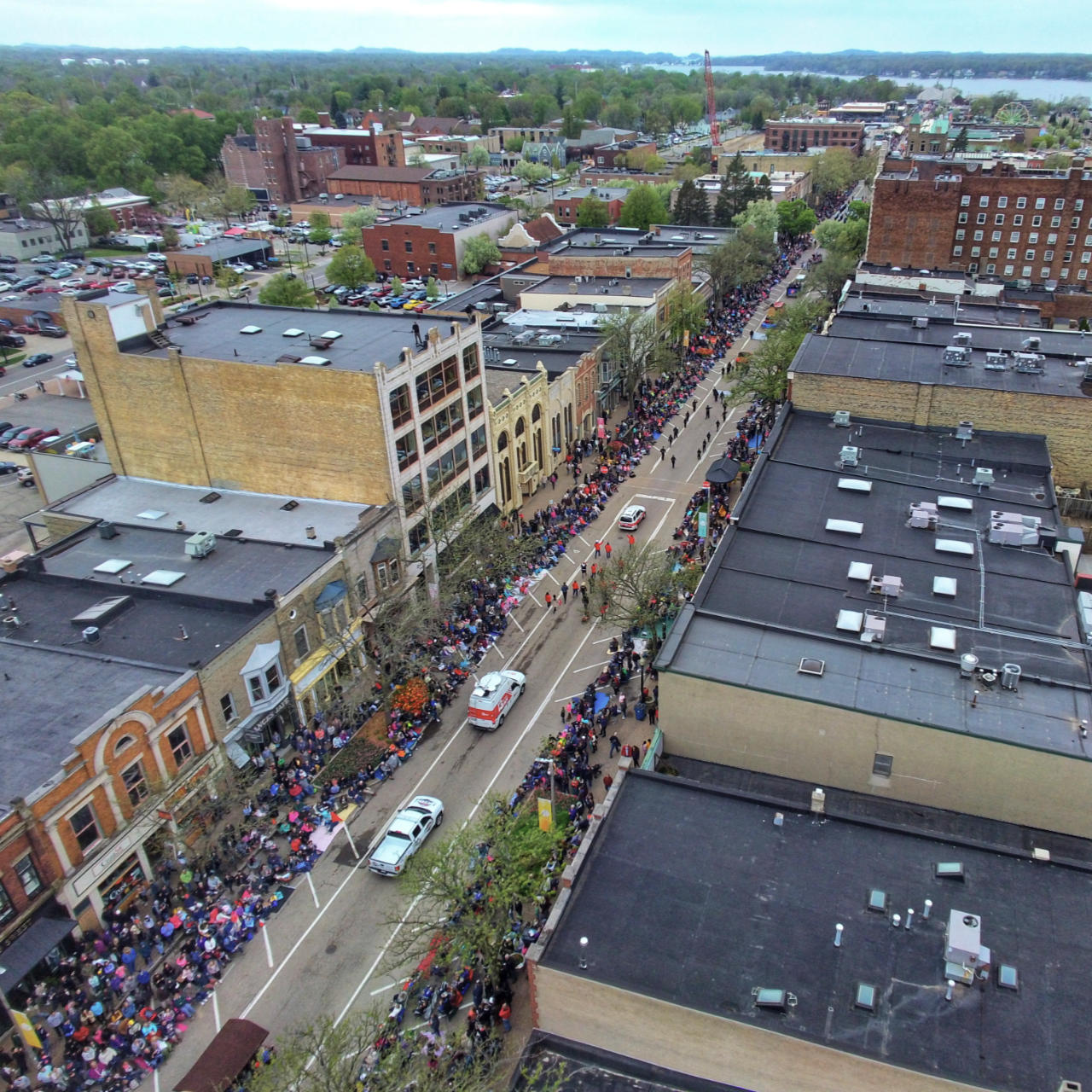
Holland
Regulation: TBD
6.7 -
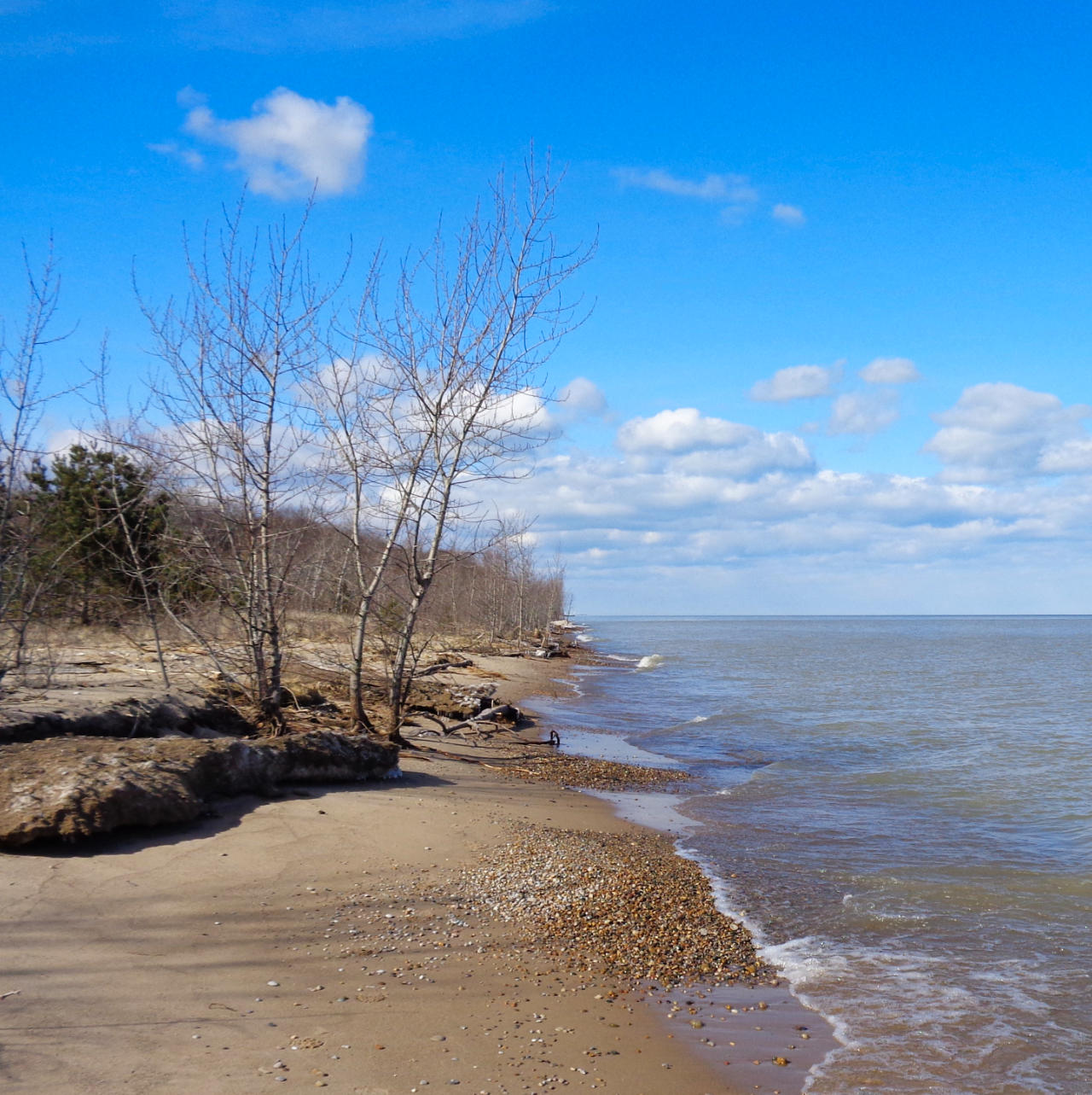
Lakeport
Regulation: TBD
7.2 -
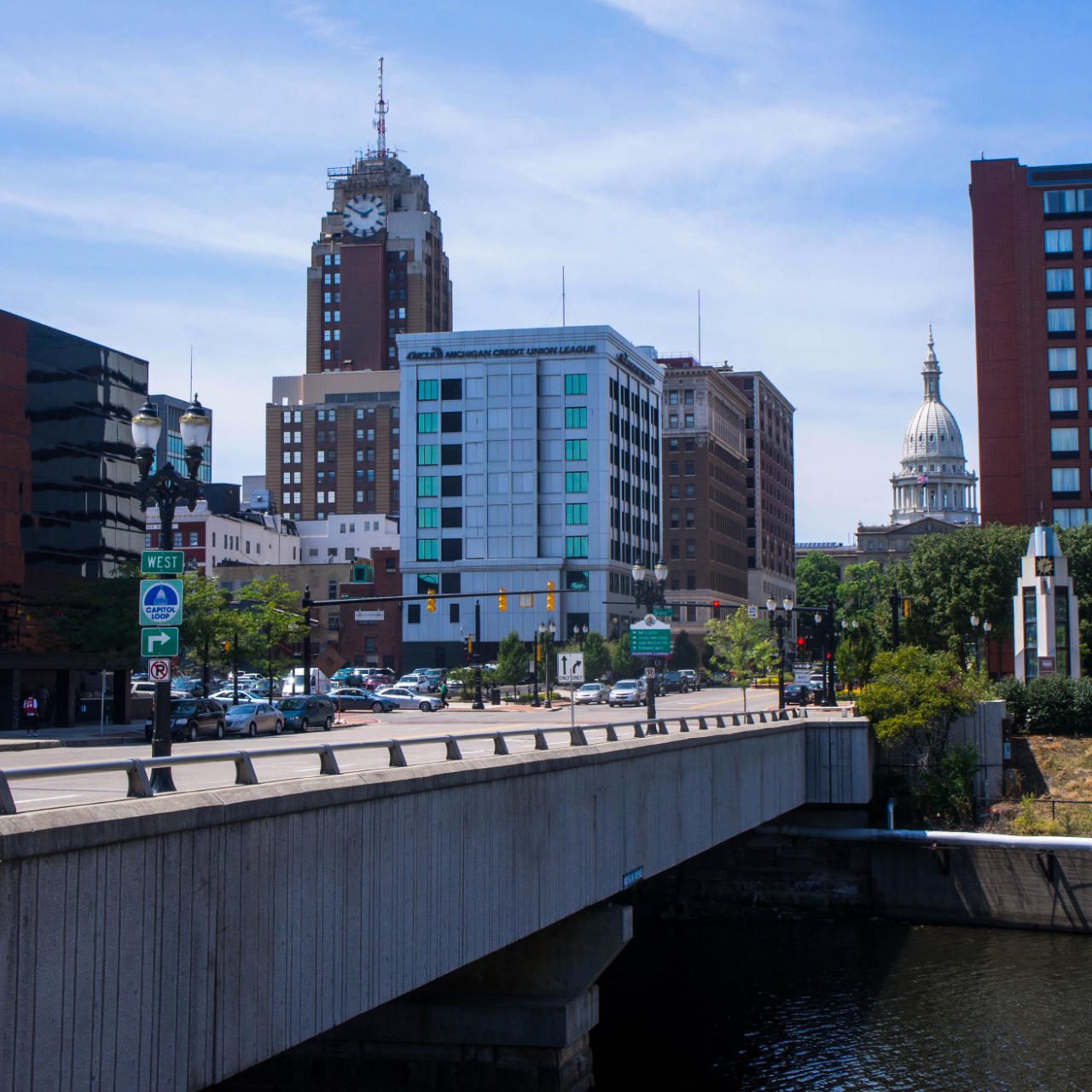
Lansing
Regulation: TBD
7.3 -
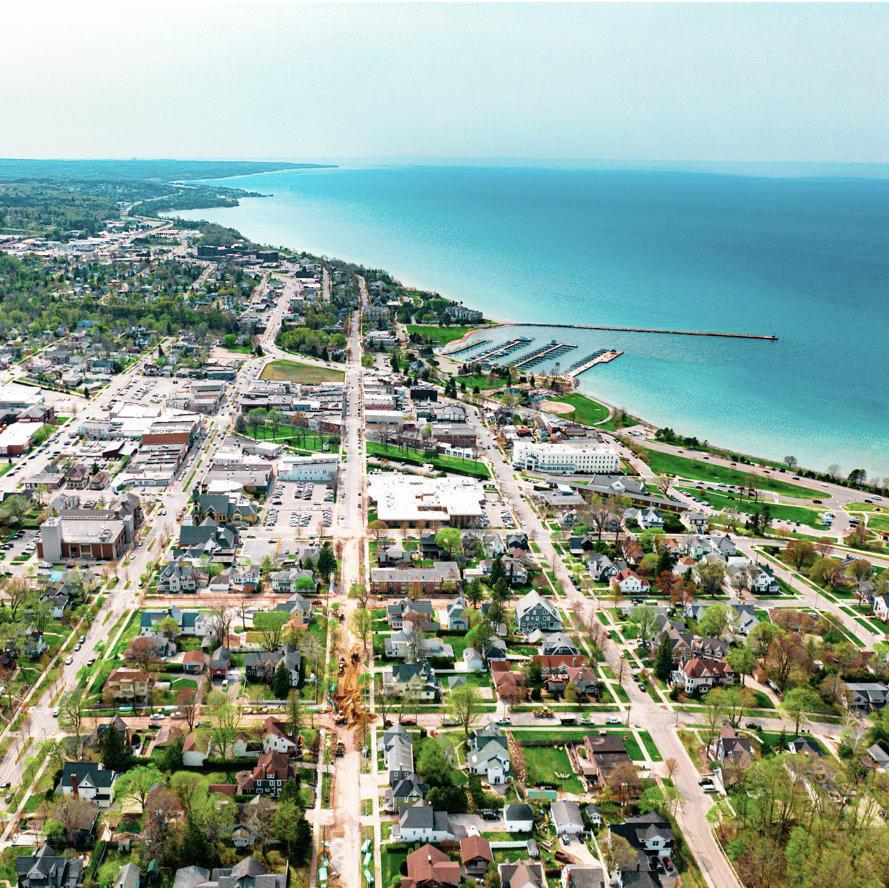
Petoskey
Regulation: TBD
5.4 -
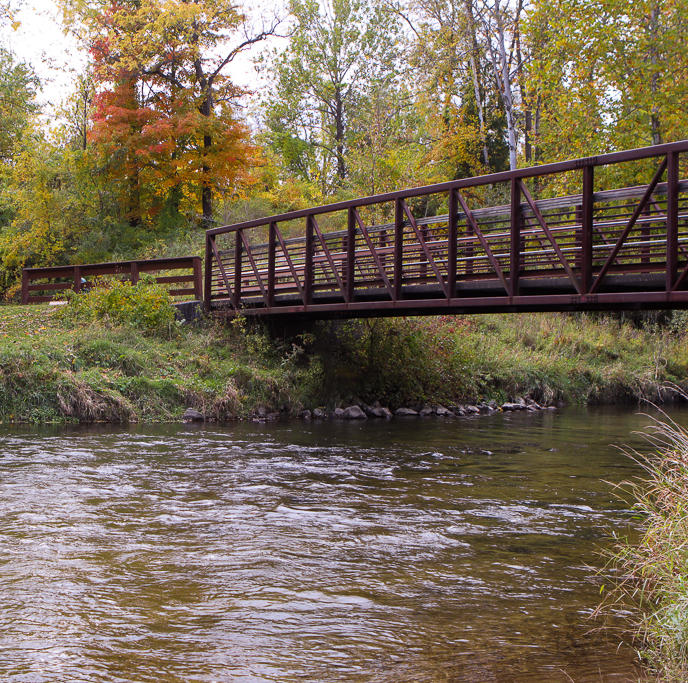
Sterling Heights
Regulation: Not Regulated
6.2 -

Warren
Regulation: Restricted
6.4

